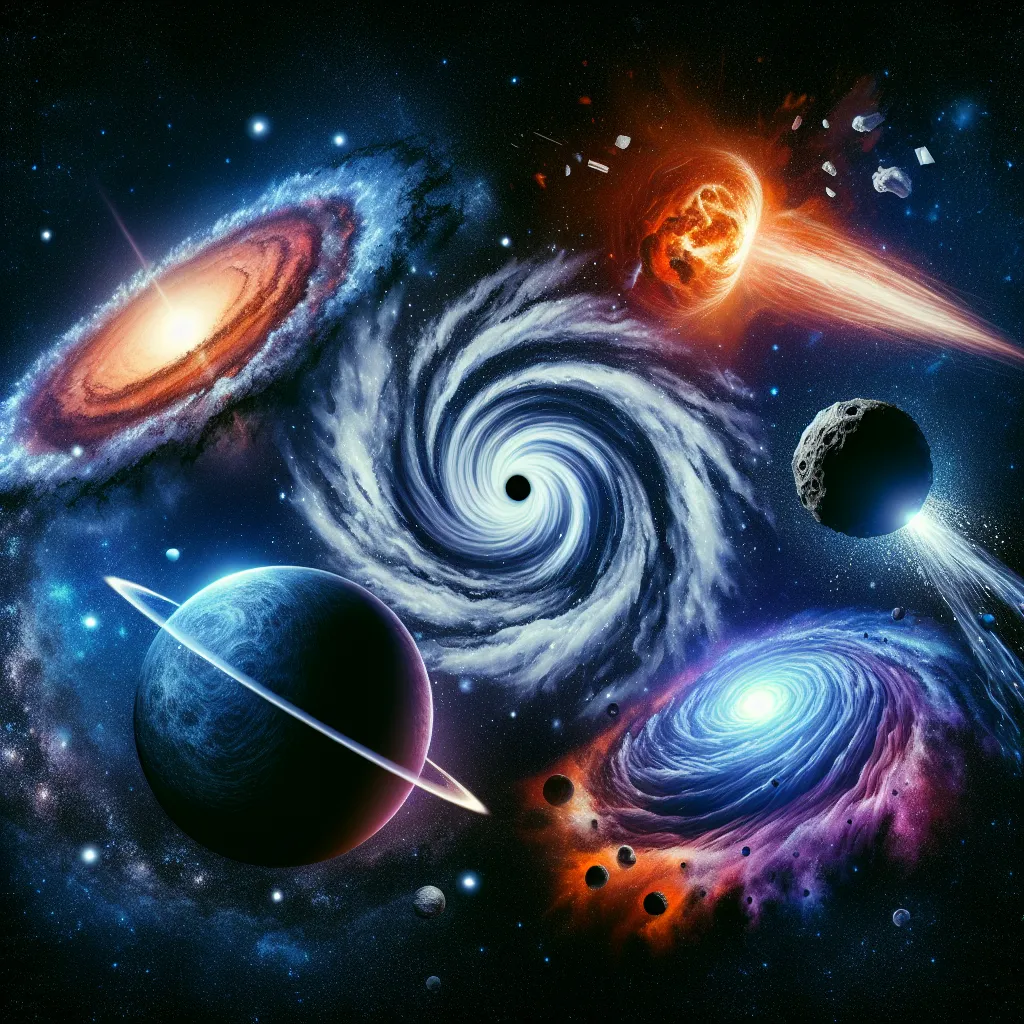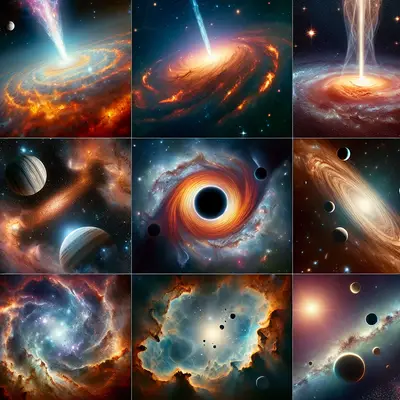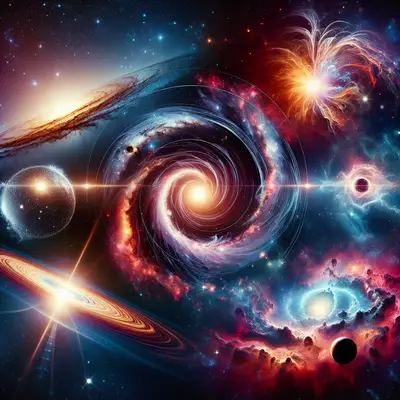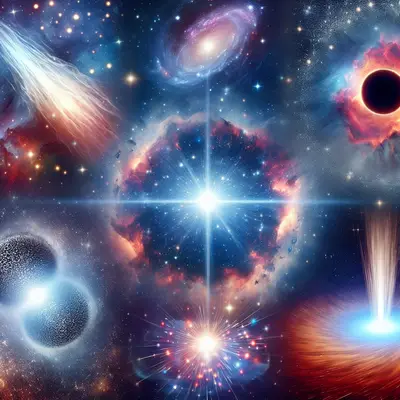The universe is an endless expanse of cosmic wonders waiting to be discovered. With each passing day, humankind ventures further into the cosmic ocean, unveiling secrets of the universe that add to our understanding of our place in it. Let's embark on a journey through the cosmos and delve into five of the most remarkable space discoveries that have left scientists and enthusiasts alike in awe.
1. The Mysterious Dark Matter
Despite making up about 27% of the universe, dark matter remains one of the greatest mysteries in cosmology. This invisible substance doesn't interact with electromagnetic radiation, making it incredibly challenging to detect and study. However, its gravity affects the motion of galaxies and clusters, confirming its presence. The existence of dark matter continues to puzzle scientists and spark curiosity among space enthusiasts.
2. The Expanding Universe
Edwin Hubble's discovery in the 1920s that the universe is expanding was groundbreaking. This means galaxies are moving away from each other, and the further away they are, the faster they move. This finding led to the Big Bang theory, suggesting the universe began as a single point and has been expanding ever since.
3. The Enigma of Black Holes
Black holes are regions of spacetime where gravity is so strong that nothing, not even light, can escape. Their existence was first proposed in Albert Einstein's theory of general relativity. Though not directly observable, scientists identify them through their strong gravitational effects on nearby objects. The first image of a black hole was captured in 2019, confirming their existence and further fueling intrigue in these celestial enigmas.
4. The Discovery of Exoplanets
Exoplanets, or planets outside our solar system, were first discovered in the early 1990s. Since then, scientists have identified over 4,000 of them. Some of these exoplanets are located in the habitable zones of their stars, raising the exciting possibility of extraterrestrial life. The study of exoplanets has revolutionized our understanding of the universe and our place within it.
5. Gravitational Waves
Predicted by Einstein's theory of general relativity, gravitational waves were finally detected in 2015. These are ripples in spacetime caused by violent cosmic events like merging black holes or neutron stars. This discovery opened a new window to observe the universe, allowing scientists to study phenomena not observable through traditional methods.
Conclusion
Space exploration continually pushes the boundaries of our knowledge and understanding. These amazing discoveries offer a glimpse into the vast and mysterious universe, sparking our curiosity and sense of wonder. As we continue to explore, who knows what cosmic secrets we'll uncover next?



